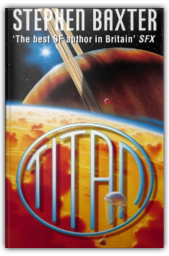
Take some archetypal sci-fi characters (ageing moonwalker, several bright young astronauts and a dedicated but reclusive scientist), throw in the near future scenario of a declining space programme following a catastrophic fatal accident, mix well with some unusual plot twists and you have the foundations for Baxter's eighth novel. 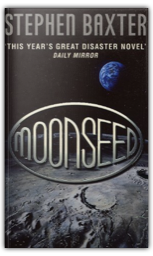
Stephen Baxter established himself as a major British sci-fi author with tales of exotic, far-future technology. More recently, in Voyage, Titan and now Moonseed, he shows his love for the hardware of the real world's space programme. (Comparisons with Tom Wolfe's The Right Stuff have been frequent.) Moonseed is a spectacular disaster novel whose threat to Earth comes from a long-forgotten Moon rock sample carrying strange silver dust that seems to be alien nanotechnology— molecule-sized machines. Accidentally spilt in Edinburgh, this "Moonseed" quietly devours stone and processes it into more Moonseed. Geology becomes high drama: when ancient mountains turn to dust, the lid is taken off seething magma below. Volcanoes return to Scotland, and Krakatoa-like eruptions spread Moonseed around the world. A desperate, improvised US/Russian space mission heads for the Moon to probe the secret of how our satellite has survived uneaten. Baxter convincingly shows how travel costs could be cut, with a hair-raising descent on a shoestring lunar lander that makes Apollo's look like a luxury craft. The climax brings literally world-shaking revelations and upheavals. Moonseed is a ripping interplanetary yarn. — David Langford 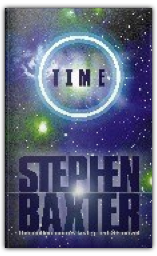
Stephen Baxter, Britain's foremost author of "hard" SF rooted in real physics, is renowned for thinking big. Time begins with a US entrepreneur's deceptively low-key plans to reclaim space and exploit the asteroids, bypassing NASA's bureaucracy and safety regulations. One bizarre cost-cutting measure: the "Big Dumb Booster" pilot is a genetically enhanced, intelligent squid. Then the mission is redirected following a weird mathematical prediction that humanity hasn't long to live, and a "Feynman radio" transmission from the future that highlights a particular asteroid. Here a space-time gateway opens on unimaginably distant futures, stepping far beyond the dying sun of Wells's The Time Machine to visions of a galaxy reshaped by humanity to hoard its energy ... beyond stars, beyond black holes, beyond even mass. And the emerging message, seen most clearly by a new generation of persecuted, ultra-gifted children, is that this seeming triumph—this total exploitation of our universe's possibilities—isn—isn't good enough. A better path awaits, via a cataclysm that dwarfs mere supernova explosions... Baxter pays homage to the transformations of Clarke's Childhood's End (there's also a nod to 2001), but without the mysticism: it's all respectable, if speculative, physics. His final, devastating payoff makes sequels seem impossible. Two are planned. Rousing stuff, on a cosmic scale. —David Langford 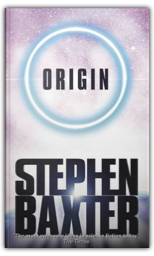
Stephen Baxter continues to think big and create SF on a grand cosmic scale in Origin, the third novel of his Manifold trilogy. 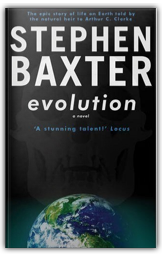
In Evolution, Stephen Baxter explores deep time to dramatise the story of Earth's evolving primates—from tiny shrew-like creatures dodging reptilian predators in the Cretaceous era, to humans of the 21st century and beyond. 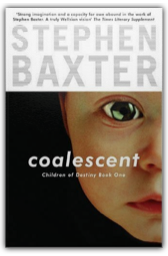
COALESCENT is the first of a trilogy of novels that does nothing less than tell the story of mankind's possible evolutions and our role in the Universe. Coalescent charts a radical divergence in our evolution; the development of a human hive entity. It is a divergence that has its roots in the dying days of the Roman Empire. The story is told through twin narratives; one takes us through the falling apart of the Roman control of Britain as seen by one girl, the other covers a man's search for a lost sister. A sister who may be living as part of an ancient and secretive order in Rome. Through these diverse personal stories Stephen Baxter charts a story that has terrifying consequences for what we thought was our place in the world, our perceived natural ascendency in the order of things. Things are going to be very different now ... 
Liverpool 1962. A place and time of danger and passion. A thrilling new music is bursting on to the grey streets of the post-war city. A music that electrifies. A music that promises to change everything. But in Cuba, on the other side of the earth, nuclear tensions are at breaking point. The end of the whole world could be just days away. At the heart of it all is 14-year-old Laura Mann. She's on the run, hunted by strange forces fighting over the future of humanity. And Laura's about to discover that her own life is at stake - in ways she could never have imagined... 
The Hugo and Nebula Award-winning author of Moving Mars presents the book that launched his career, featuring a scientist who conducts an experiment in cell restructuring that takes on a threatening life of its own. Reprint. AB. LJ. 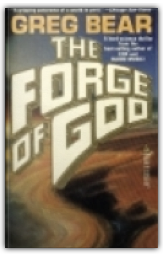
Europa, one of Jupiter's moons, disappears and a spaceship is found in California. Beside it is a dying alien which says clearly "I'm sorry, but there is bad news." Meanwhile, in Australia, another ship appears and Alan Gordon feels that something terrible is about to happen. 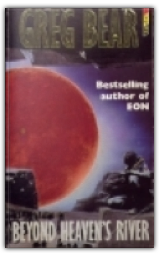
Bear works best on a large canvas, and the short story is not his ideal medium—he can carve monumental figures out of mountainsides but is less skilful whittling cherrystones. Nonetheless, there's much here that is interesting to the fan and non-fan alike. For example, this volume includes the original short story out of which Bear's classic, imaginative and deeply spooky novel Blood Music was developed; if the story isn't as powerful as the novel that's only what we'd expect. Certainly as a story it works well, and won both Hugo and Nebula awards. The title story of the collection is another double-winner, and is hauntingly suggestive: it combines a version of Alan Turing with a neat little story about extra-dimensional physics that works efficiently as a tutor in topographical mathematics. Other stories manage varying degrees of control; Sleepside Story, a kind of urban fairy tale, leaves the reader thinking that Bear is better suited to Hard SF after all. Similarly The Dead Run—which was turned into a Twilight Zone episode—is fair enough in a sub-Stephen King sort of way, with its premise of blacklisted truckers driving condemned souls down to Hell in their rigs (and its arresting first sentence: "There aren't many hitchhikers on the road to Hell"). But too few of the stories here trade in the grandeur and wonder of Bear's best, big-scale work. —Adam Roberts 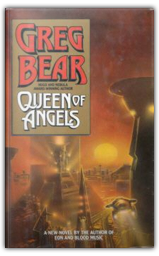
Eon and Eternity may have sold more copies, but Queen of Angels is Greg Bear's masterpiece; a novel of extraordinary richness and depth. The depth isn't immediately evident; the showy, well handled murder plotline keeps you reading, the many futuristic and mind-tickling ideas keep popping up to make you think, and the vaguely experimental division of the text between different viewpoints can be a little distracting. But at the core of this book is an exploration of the nature of consciousness as profound as any in literature. Martin Burke is a psychologist who investigates the motivations for a murder in a society, using nanotechnology to explore the Country of the Mind. AXIS is a sophisticated computer that has travelled to a distant planet. The two journeys of exploration are paralleled, but in their different ways they prove relative dead-ends. Bear's masterstroke is surreptitiously to delineate the shift of another sophisticated computer, JILL, from a linear intelligence based on processing data to a self-aware sentient intelligence that is a genuine consciousness. These passages at the novel's conclusion are amongst the most affecting things Bear has written. 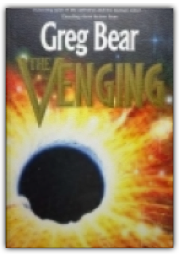
Set in 13th century Russia, this book follows the exploits of the Teutonic Knights of Germany. After the failure of their most recent campaigns, the Knights are looking for plunder and land and, turning their sights on Russia, they employ the witch Baba Yaga to sow dissent among the Russian states. 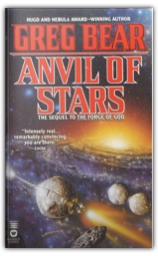
Eighty-two mortal exiles ride through space in the Ship of the Law, a ship constructed from the fragments of Earth's corpse, determined to punish those responsible for their planet's destruction. Reprint. 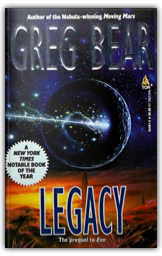
The Way is a tunnel through space and time. The entrance is through the hollow asteroid Thistledown and the space station Axis City that sits at the asteroid's center. From there the Flawships ride the center of the Way, traveling to other worlds and times. 
This is the sequel to Greg Bear's popular Queen of Angels, and, like most of this award-winning author's works, it's a stunner. Bear is right at home with the computer and nano technologies that underlie his near-future society. With most of the world's ills having been cured by nanotech, humanity is free to turn its explorations inward, to the mind. Advanced therapies have all but eliminated emotional imbalance, and things have never been better. But when public defender Mary Cho begins investigating a double-murder, she uncovers the truth: all of the high tech is failing, and things will never be worse. 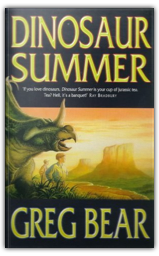
Remember Sir Arthur Conan Doyle's The Lost World, in which an expedition led by Professor George Edward Challenger discovered an Amazonian plateau where dinosaurs still roamed? In Dinosaur Summer, Greg Bear assumes that Challenger's expedition really took place, and that for nearly 50 years dinosaurs have been relatively commonplace in zoos and circuses throughout the world. But the beasts are not easily kept in captivity, and slowly but surely their numbers are dwindling. Now there is only one dinosaur circus left, and it's shutting down. The dinosaur trainer wants to return his animals to the wild, so an expedition is organised to return the dinos to their nearly inaccessible plateau. Accompanying the group (which includes special effects master Ray Harryhausen) is 15-year-old Peter Belzoni, the son of the National Geographic photographer covering the story. The boy is about to have the adventure of a lifetime. 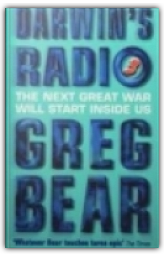
Greg Bear notoriously reworks traditional SF themes in his own special way. His first success, Blood Music (1985), features an intelligent plague which seems destructive but eventually recreates humanity in new, transcendent form—echoing Arthur C. Clarke's rough-hewn 1953 classic Childhood's End. Darwin's Radio revisits this territory but foregrounds scientific, medical and political reactions to disaster; it's reminiscent of a Michael Crichton technothriller. The menace is a "new" virus, SHEVA, which is in fact very old—embedded in a ancient human DNA sequences and now emerging as "Herod's 'Flu", which in pregnant women always forces miscarriage. Chillingly, US health aauthorities first see this threat as something to boost funding, while conservative scientists suppress research into the bizarre reality of what's happening. Evidence from Neanderthal remains and Stalin's mass graves hints that SHEVA is no disease but evolution in action. Human genomes everywhere, linked by the subtle network of "Darwin's radio", are activating Plan B: the creation of a new species. Then, with the world racked by panic, riots, death cults and martial law, SHEVA begins to mutate ... Tense stuff, though some biological info-dumps are tough going, and it's awkwardly paced towards the end when nine months are needed for the biologist heroine's own pregnancy, leading to... but that would be telling. This is a fearfully plausible scientific thriller. —David L Langford 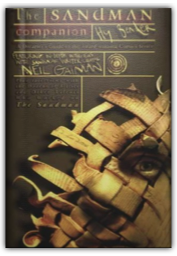
Ever the victim of the Literary Establishment's arrogant snorts, comic books would not silence the critics until works like Sandman showcased the true potential of the medium. The only comic to win a major literary award, the story of Neil Gaiman's 2,000-page opus was always going to be a fascinating one, as the ethereal realms of the King of Dreams spawned some extraordinary human dramas. Sandman's one immutable triumph was Gaiman's expert fabrication of tales rich in myth, magic and mysticism, all drawn from eminent literary influences (Shakespeare, Roger Zelazny), yet occurring just a stone's throw from the superhero antics of the DC Universe. With The Sandman Companion,author Hy Bender explores the genesis of Gaiman's modern fairytale, dissecting all 10 volumes of the series and offering concise analysis of the series and its vivid elements. Yet, while Sandman cries out for serious critical examination, Bender does the sensible thing and leaves that to Gaiman himself (extensively interviewed here) -who does not disappoint with his insightful candour. Phenomenally well read, Gaiman is acutely aware that words are much underrated in an image-dominated medium, and whose concerted effort for the stories to beat the forefront was the series backbone- though successfully aided by vividly eclectic art styles. Strong, memorable characters were forged from brilliantly simple twists of logic, such as his sexy Goth chick incarnation of Death: "[Death] has been doing her job for a long, long time, and she's very skilled at it, so I figured why can't she be nice about it?" There is a fine balance between stuffy academic insights and cloying fan-boy enthusiasm, with Bender producing a tome that cannot fail to enhance your enjoyment of this acclaimed series. While some may cry for more depth, this has hardly been a wasted opportunity, with Bender allowing Gaiman to provide an excellent record of one of Comicdom's greatest triumphs. Danny Graydon |
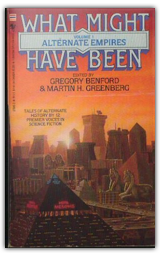
Startling alternative history has been a popular sub-genre of military history and science fiction for years and has recently reached new heights of popularity with Harry Turtledove's epic alternative histories of WWII and the American Civil War. Gregory Benford, Hugo and Nebula Award winning author, here collects original stories by such luminaries as Poul Anderson, Larry Niven, Frederik Pohl, Kim Stanley Robinson and Robert Silverberg in alternative histories from ancient times to the 20th century. 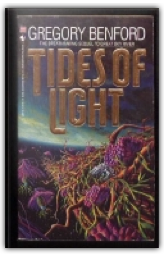
Continuing the story begun in Great Sky River, Benford creates a stunning novel of the last band of humans fleeing extinction in the Galactic Center. And with one enemy behind them, the humans are dismayed to discover on a remote planet an alien race more awesome than any they have encountered. Reprint from Spectra. 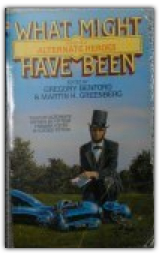
What would have happened if history had been different-if the major events that shaped our times had occurred in a different way-or not at all? From a Confederacy that won the Civil War to a Europe converted to Viking paganism.These bold excursions in time depict bizarre new worlds-oddly familiar, disturbingly different-a glimpse of WHAT MIGHT HAVE BEEN. 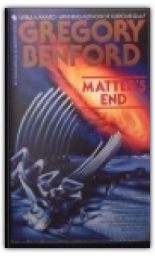
A collection of twenty-one stories features unexpected revelations at a masquerade party, a devastating California earthquake, a complex computer game that becomes a matter of life and death, and more. 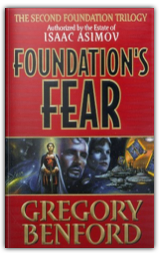
This is the first instalment of The Second Foundation Trilogy, based on Isaac Asimov's famous Foundation series. Acclaimed hard science fiction writers Gregory Benford, David Brin and Greg Bear will each produce a work for the trilogy. Benford kicks off exploring the beginnings of the Foundation itself and its creator, Hari Seldon. Seldon is working on a project to ease the inevitable collapse of the universe- spanning Empire and the Dark Ages that will ensue. But the current emperor has other plans, like appointing Seldon first minister and thus thrusting him into a world of political intrigues and assassination attempts that ultimately will bring him up against future history's greatest threat. 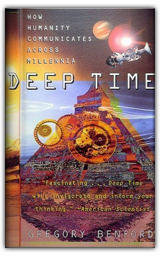
Physicist and science fiction author Gregory Benford says there are two main impulses behind human efforts to communicate with future societies. The first, "High Church," shouts beauty, ego, and awe across the millennia: See how amazing our pyramid-building skills were? The Seven Wonders of the World would fall into this category—if they had lasted. Monuments, cathedrals, tombs, anything that says, "This great object meant something to us." On a much more mundane (and human) level is the "Kilroy" impulse: I lived! You needn't look hard to find evidence of this temporal communication: graffiti is as old as humanity, and latter-day taggers are following in the footsteps of Greek mercenaries (who left their names all over Egyptian monuments, Lord Byron (who carved his name into the Temple of Poseidon), and legions of anonymous ancient scribblers. 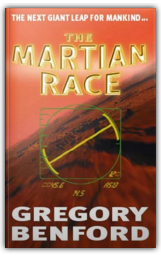
Esteemed Mars guru Bob Zubrin calls The Martian Race "one of the finest novels about human exploration of the Red Planet ever written." But then again, Bob is a character in the book (albeit in the briefest of cameos), so what else could he possibly say? That notwithstanding, Zubrin's right—he couldn't have picked a better book to show his face in. By popular assent, The Martian Race deserves top honours among the millennial wave of Mars exploration tales, propelled as it is by the skilful storytelling of physics doyen Gregory Benford, a Campbell and two-time Nebula winner. 
Captain Corelli's Mandolin is set in the early days of the second world war, before Benito Mussolini invaded Greece. Dr Iannis practices medicine on the island of Cephalonia, accompanied by his daughter, Pelagia, to whom he imparts much of his healing art. Even when the Italians do invade, life isn't so bad—at first anyway. The officer in command of the Italian garrison is the cultured Captain Antonio Corelli, who responds to a Nazi greeting of "Heil Hitler" with his own "Heil Puccini", and whose most precious possession is his mandolin. It isn't long before Corelli and Pelagia are involved in a heated affair—despite her engagement to a young fisherman, Mandras, who has gone off to join Greek partisans. Love is complicated enough in wartime, even when the lovers are on the same side. And for Corelli and Pelagia, it becomes increasingly difficult to negotiate the minefield of allegiances, both personal and political, as all around them atrocities mount, former friends become enemies and the ugliness of war infects everyone it touches. 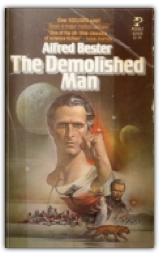
In a world policed by telepaths, Ben Reich plans to commit a crime that hasn't been heard of in 70 years: murder. That's the only option left for Reich, whose company is losing a 10-year death struggle with rival D'Courtney Enterprises. Terrorized in his dreams by The Man With No Face and driven to the edge after D'Courtney refuses a merger offer, Reich murders his rival and bribes a high-ranking telepath to help him cover his tracks. But while police prefect Lincoln Powell knows Reich is guilty, his telepath's knowledge is a far cry from admissible evidence. 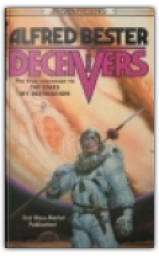
Way back in the 1950s, Alfred Bester established himself as one of the greats of SF with a number of dazzling short stories and two major novels: The Demolished Man (1953) and The Stars My Destination (1956, also known as Tiger! Tiger!), both much reprinted. The Deceivers, his final SF novel, appeared in 1981. 
Before his untimely death in 1987, Alfred Bester had established himself as one of the world's greatest science fiction writers. From radio to television, short fiction to full-length novels, he created a body of work that will be continued to be enjoyed by generations of readers for all time. Now, redemolished brings together, for the first time ever in one volume, the full range of his genius. 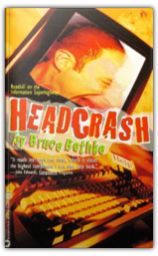
An account of the life of socially inept and information superhighway surfer Jack Burroughs details the truth behind his date with cute brunette Marsha Vang and his association with the ultimate evil of a modern multinational corporation-state. |

Mike Scott
Collection Total:
4227 Items
4227 Items
Last Updated:
Feb 21, 2010
Feb 21, 2010
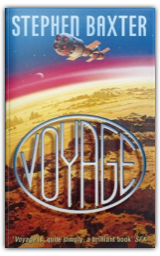

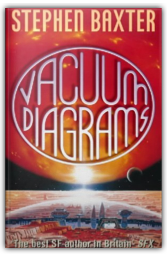
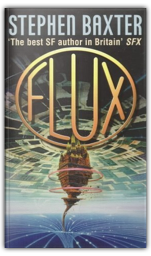
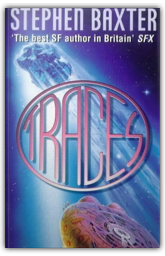
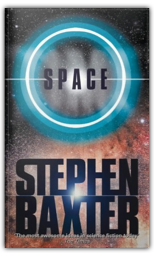
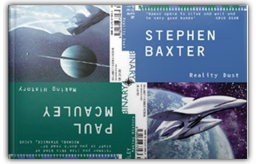
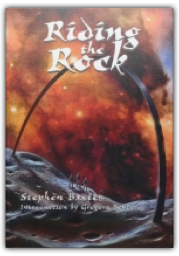
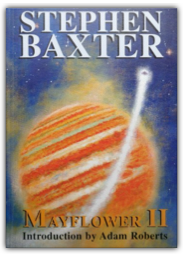
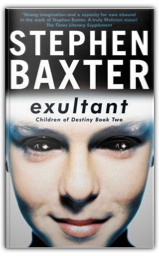

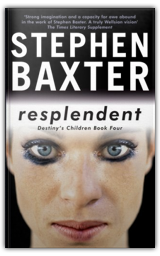
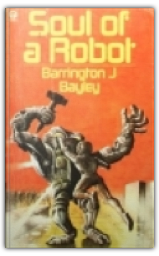
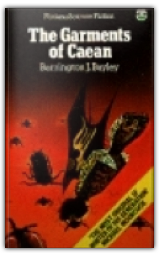


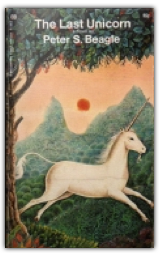

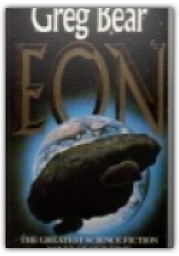
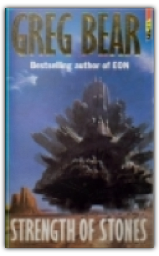

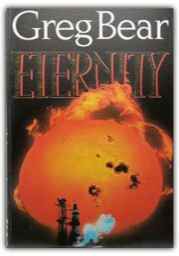
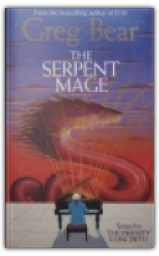
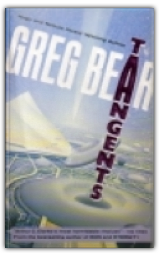
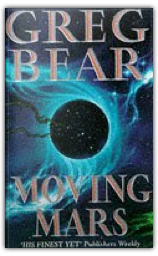
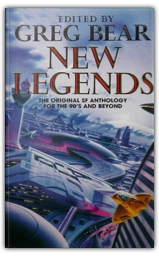




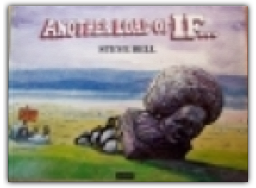
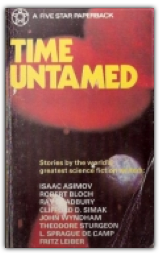

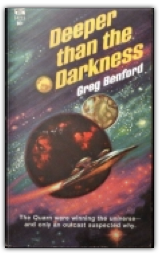
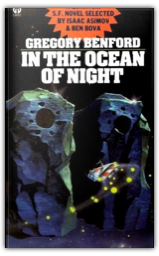

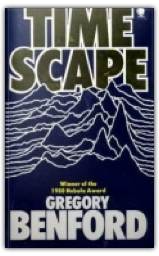
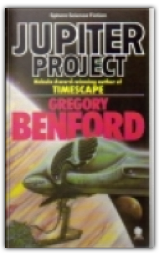
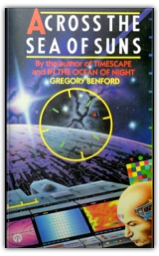
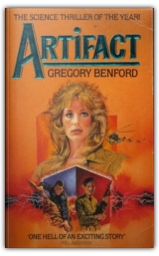
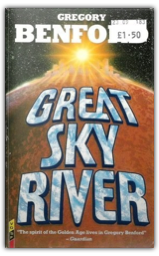
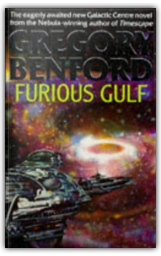
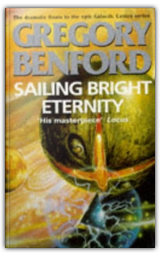
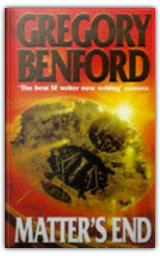
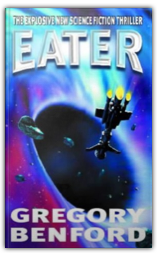
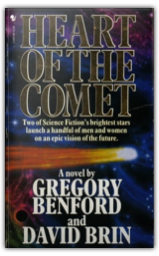

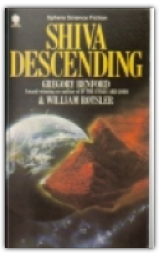
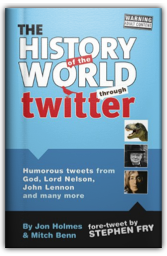

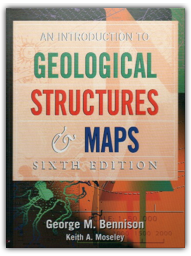


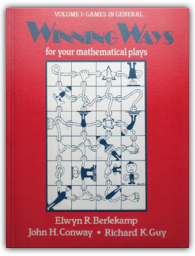
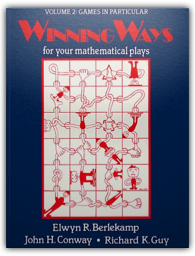






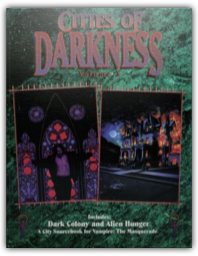
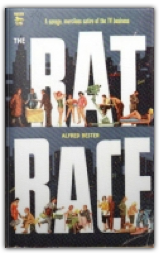

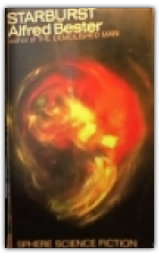
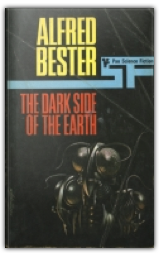
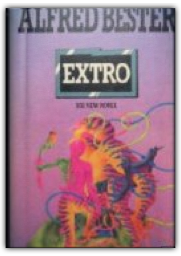
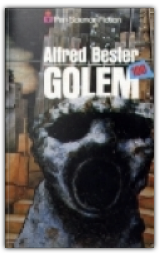


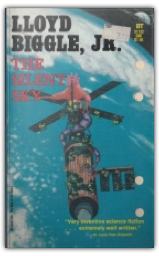
 Made with Delicious Library
Made with Delicious Library